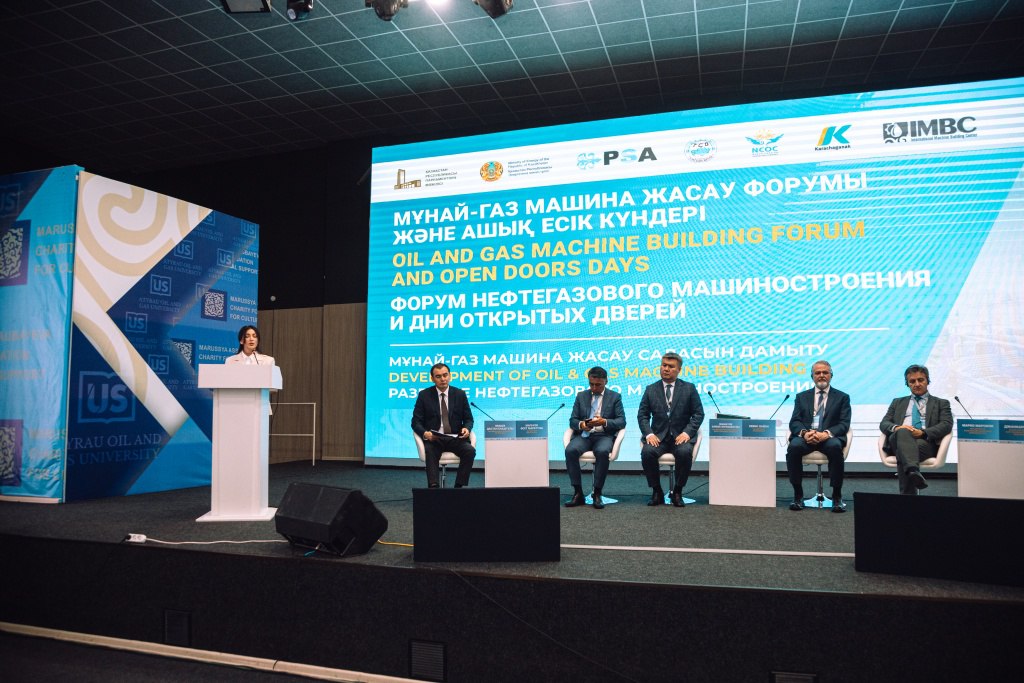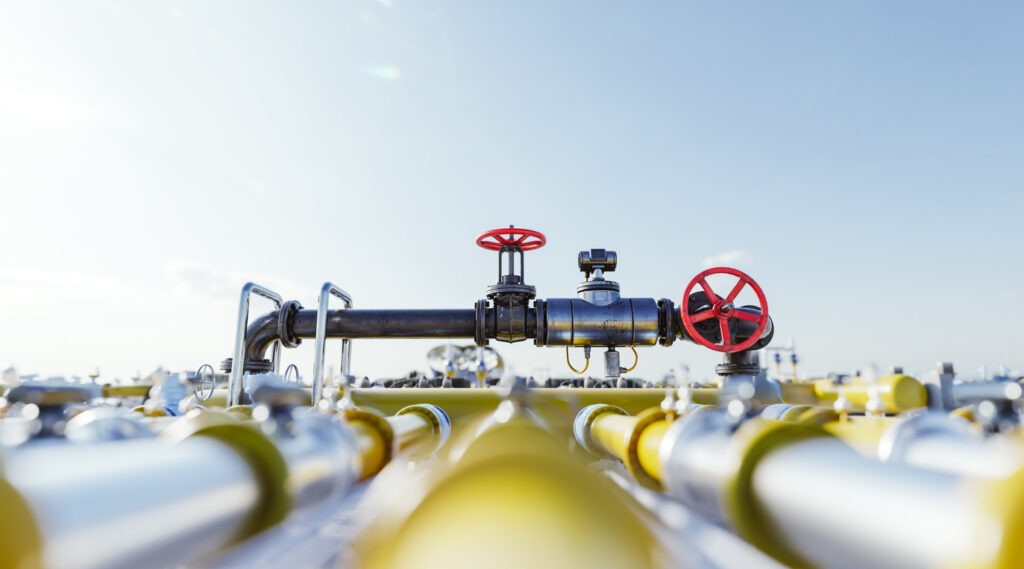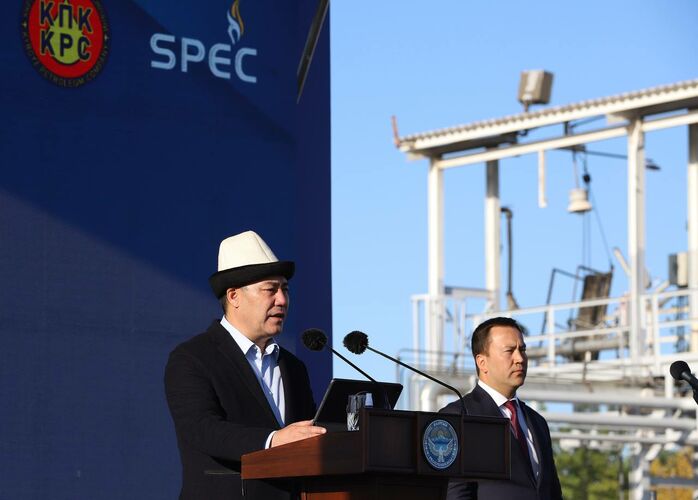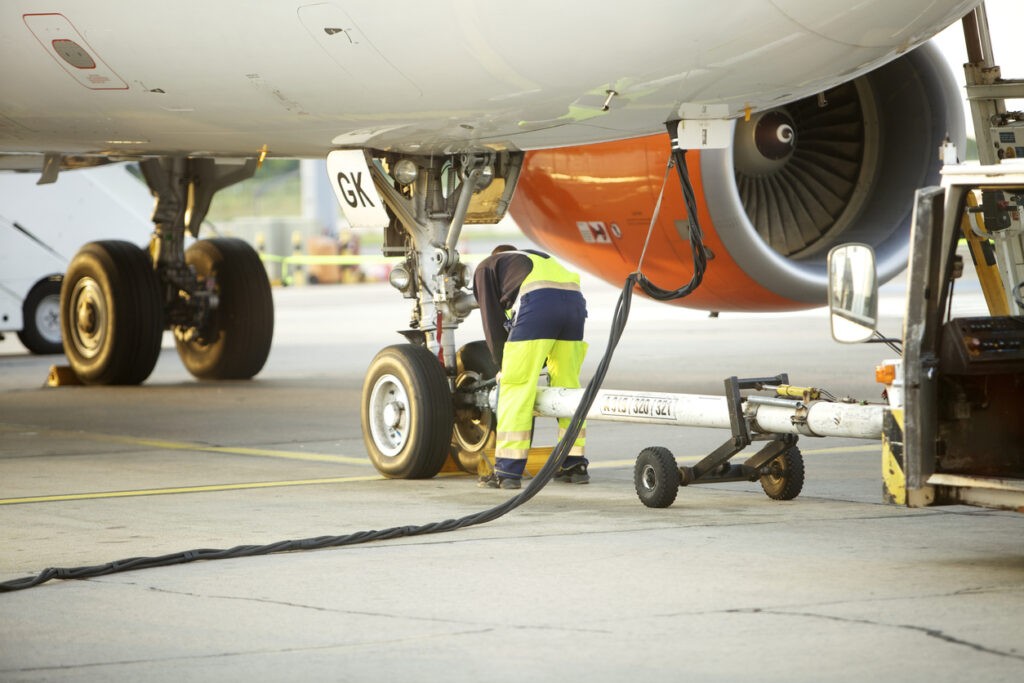From July 10 to 12, the Kazakhstani city of Atyrau hosted the Oil and Gas Machine Building Forum. The Forum aimed to develop local content and support domestic manufacturers of oil and gas equipment and local suppliers of works and services for the sector.
The event also included Open Doors Days for three major oil and gas operators in Kazakhstan: Tengizchevroil, North Caspian Operating Company, and Karachaganak Petroleum Operating B.V.
As reported by the Kazakh Ministry of Energy, these three major subsoil users account for 70% of all oil and gas equipment purchases in Kazakhstan.
Speaking at the Forum, Vice Minister of Energy Alibek Zhamauov said that both Kazakhstan’s president and prime minister outlined several specific tasks aimed at developing local content in the oil and gas sector. Particular attention, they said, should be paid to increasing the share of Kazakhstani goods, works and services in the sector’s purchases, creating new as well as modernizing existing production facilities, localizing the production of the most popular products in Kazakhstan, as well as moving design offices to the country, with the mandatory involvement of local engineers and design companies.
Due to efforts of the Ministry of Energy, in May of this year contracts were signed between Tengizchevroil, North Caspian Operating Company, and Karachaganak Petroleum Operating B.V. and domestic manufacturers for the purchase of locally made oil and gas equipment worth $240 million.
Speaking at the Forum, Leyla Gimranova, Deputy Director of the Project Department at Kazakh Invest, emphasized that oil and gas engineering could become a new growth point in developing domestic added-value production and import substitution.
She said that last year, Kazakhstan produced oil and gas equipment for $72.7 million and imported such equipment for $1 billion. “This is a significant difference that needs to be reduced. Therefore, we are actively working to identify priority goods for import substitution, the production of which is possible based on existing domestic enterprises,” Gimranova said.









